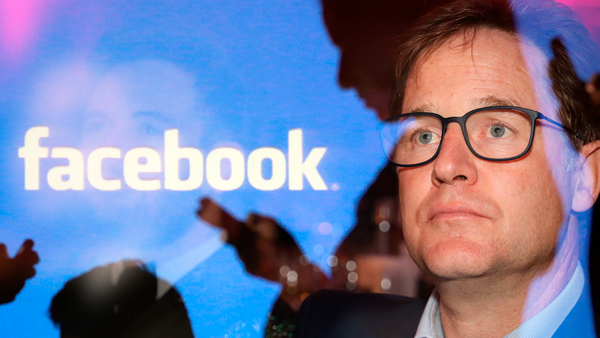Apple sued for misleading claims about Siri’s AI features in iPhone 16 marketing

On Wednesday, Apple was sued in a US federal court by plaintiff Peter Landsheft, who claims the company misrepresented the AI capabilities of Siri during a marketing campaign for the iPhone 16.
The proposed class action lawsuit claims Apple misled consumers into buying new phones based on features that didn’t exist. Apple has since admitted those features don’t exist.
The plaintiff, Peter Landsheft, claims Apple violated a number of laws including the California Unfair Competition Law and the California False Advertising Law.
The complaint cites specific promises Apple made about Siri’s future capabilities, including Priority Notifications and enhanced personalisation.
Those promises were made during the 2024 Worldwide Developer Conference by CEO Tim Cook, who called the technology “profound.” Apple has since advanced Apple Private Cloud Compute, which is designed to improve privacy for the underlying AI models.
However, the actual features have been somewhat underwhelming and Apple recently announced some planned improvements for Siri won’t arrive until 2026.
The complaint alleges that Apple has fallen behind Microsoft and Alphabet in the race to develop AI-enhanced products, leading to scepticism about its strategy. That’s especially true after AI executive Mike Rockwell was reassigned to oversee Siri, leading to fears that Apple’s focus on AI had waned.
Benedict Evans, an analyst who closely follows Apple, asked whether Apple’s struggles to get Siri and other AI products right were indicative of a broader issue of poor execution. He likened it to the Windows Vista experience for Microsoft.
Apple has yet to comment on the lawsuit and, as ever, Siri remains unable to effectively answer your inquiries.




